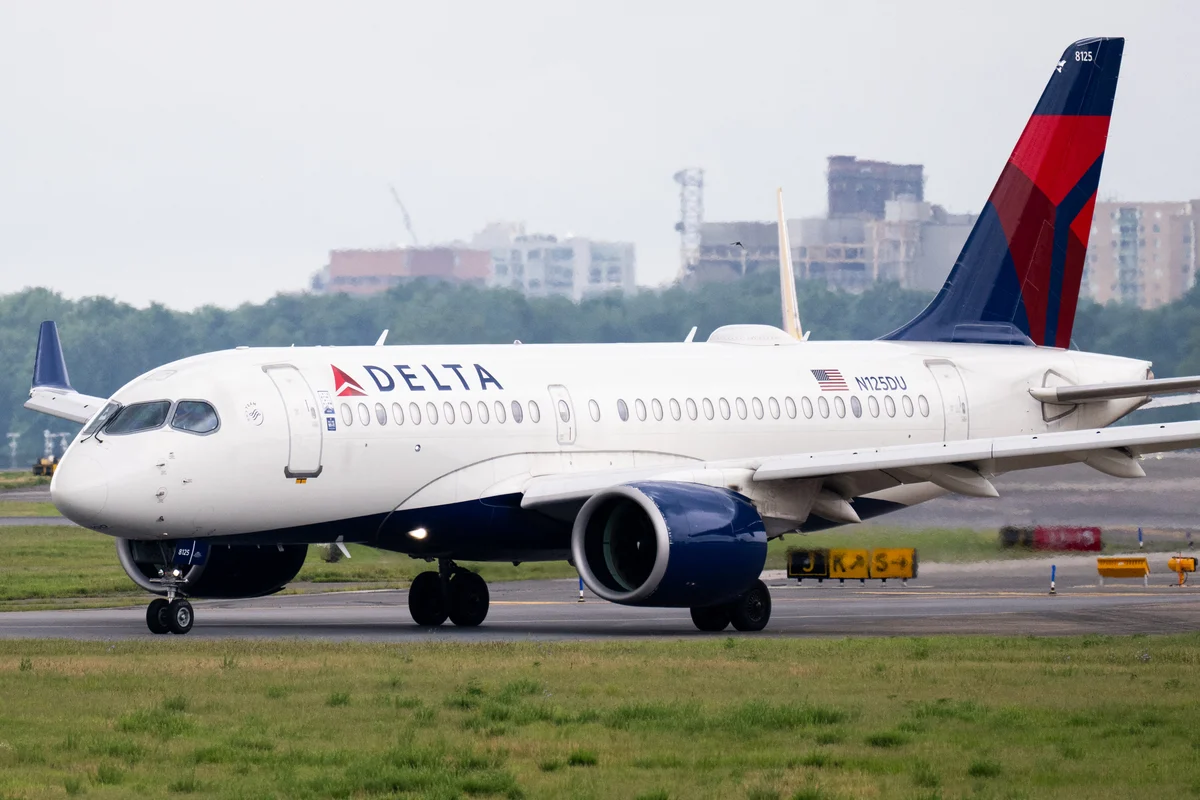Delta Airlines flight forced into emergency landing at Heathrow Airport after ‘cockpit fills with smoke’
By Bill Bowkett
Copyright standard

A plane that took off from Heathrow was forced to make an emergency landing after smoke filled the cockpit.
The Delta Airlines flight, which was heading to Boston Logan International Airport, returned to the London airport after staff reported fumes shortly after its departure on Sunday, October 5.
Passengers onboard the Airbus A330-900neo were told they had to head back to Britain due to safety fears from concerned crew members.
Flight DL59 — which was carrying more than 250 people at the time of the incident — made a safe return to Heathrow, where it landed around one hour and 35 minutes after takeoff.
According to Flightradar24 data, the aircraft took off from Heathrow at 10am for the nearly eight-hour journey to the United States.
By 10.38am, the plane was off the west coast of Cornwall and had reached a cruising altitude of 36,000ft (11,100m).
By this stage, smoke started to fill the cockpit of the Airbus due to an “unidentified mechanical issue”, travel website PYOK reported.
It is unclear whether travellers were told to wear oxygen masks so that they are not overwhelmed by the fumes, or whether fuel was dumped mid-flight to reach the maximum landing weight.
The captain eventually landed the plane at Heathrow at 11.35am, upon which it was surrounded by fire engines and emergency vehicles.
A Delta spokesman said: “Delta flight 59 from London-Heathrow to Boston on October 5, 2025, landed safely after returning to LHR due to reports of smoke in the aircraft.
“Delta’s customer team is assisting customers with accommodations and rebooking. We apologise to our customers for the delay, but safety for our customers and crew will always be Delta’s top priority.”
Delta, which also has significant stakes in international carriers such as Virgin Atlantic, is currently replacing the auxiliary power units on its fleet of Airbus planes to address toxic fume leakages.
Sources told the Wall Street Journal that “the frequency of such events has climbed dramatically in recent years”.
Exposure to fumes — such as those from engine oil — can lead to acute health issues such as nausea and respiratory problems, as well as symptoms such as itching and dizziness.